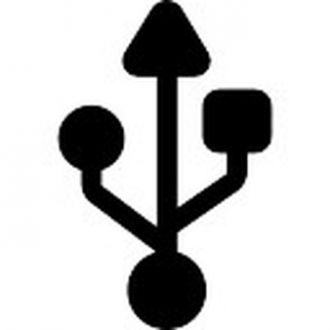
We strongly encourage users to use Package manager for sharing their code on Libstock website, because it boosts your efficiency and leaves the end user with no room for error. [more info]

Rating:
Author: MIKROE
Last Updated: 2015-03-13
Package Version: 1.1.0.0
Category: USB
Downloaded: 21078 times
Followed by: 12 users
License: MIT license
USB Host Library presents the user set of functions required to handle USB host module. A embedded user application program uses API defined in this library to access USB host peripheral.
Do you want to subscribe in order to receive notifications regarding "USB Host Library" changes.
Do you want to unsubscribe in order to stop receiving notifications regarding "USB Host Library" changes.
Do you want to report abuse regarding "USB Host Library".
USB Host Library presents the user set of functions required to handle USB host module. A embedded user application program uses API defined in this library to access USB host peripheral. The library has set of functions implemented within library and also uses set of callback functions which will be implemented by application designer outside of the library. Library internally handles device enumeration, leaving the user to process other requests.
As example of use of this library, following USB host classes are implemented:
Release notes:
Version 1.1.0.0:
- ARM TI Tiva MCUs supported.
- Examples for mikroMedia 5 for Tiva added.
